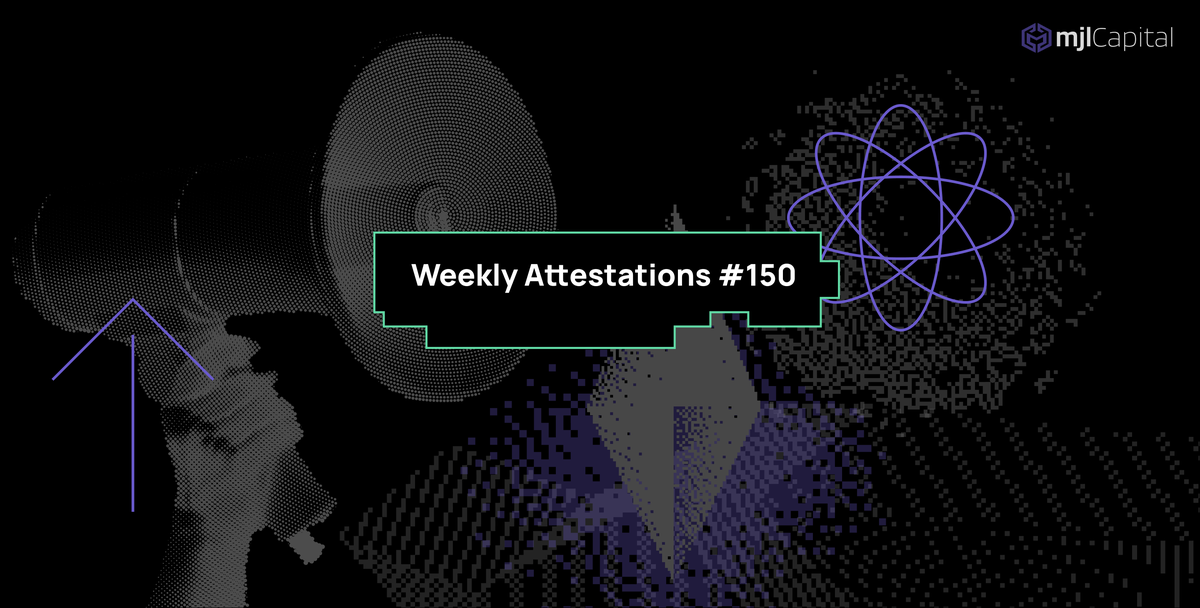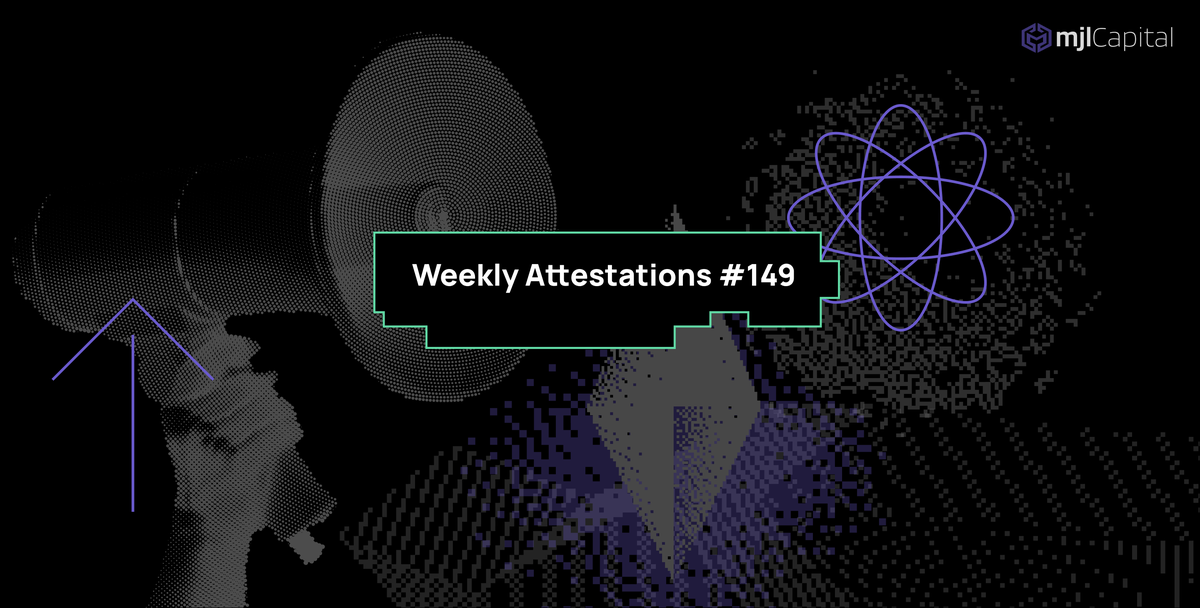Token Specific News
Ethereum, Bitcoin Balances on Exchanges Edges Toward 5-Year Low
- The amount of Ethereum held on centralized exchanges has reached a nearly five-year low, with 17.8 million ETH representing 14.85% of the total token supply. This is significantly less than the peak value of 30% seen in the summer of 2020. The decrease in Ethereum balances on exchanges is seen as a bullish signal by investors, indicating a potential decrease in selling pressure. The decline in balances can be attributed to several factors, including the FTX collapse in November and December 2022, which led to an exodus of funds from various exchanges. Additionally, the rise in staking Ethereum and the increased popularity of decentralized exchanges (DEXs) may have contributed to the decrease in exchange balances. The trend is similar for Bitcoin, with its exchange balance dropping to levels not seen since March 2018.

Source: Glassnode
Why The Biggest Emerging Markets Are Turning to Crypto
- The demand for crypto assets is increasing in countries grappling with inflation, unstable currencies, and limited financial access. While the US remains politically stagnant in terms of crypto regulations, other regions are developing crypto frameworks. Pakistan recently declared that cryptocurrencies would never be legalized to avoid penalties from the FATF. However, crypto use is active in Pakistan, with people converting their salaries into stablecoins to protect against currency depreciation. Nigeria, Turkey, and Japan also show growing interest in cryptocurrencies due to currency devaluation, economic instability, and inflation concerns. Citizens in these countries view crypto assets as a hedge against local currency volatility and value erosion. The global adoption of cryptocurrencies extends beyond speculation and highlights the need for financial alternatives in developing economies.

Source: Google
Optimistically High New Addresses
- Both Arbitrum and Optimism experienced a surge in new addresses last week. Arbitrum reached a new all-time high on May 15th with 175.84k new addresses, while Optimism saw significant growth with 53.85k new addresses on May 18th, the second highest day of growth for the optimistic rollup. These increases can be attributed to high fees on Ethereum caused by a surge in memecoin trading on decentralized exchanges, leading users to explore alternative options. Other EVM-based blockchains and Solana have also witnessed an increase in new addresses. However, while new addresses have been on the rise, the 7-day moving average of transactions on Arbitrum has been declining since late April, reaching its lowest point since March. Optimism's transaction numbers have been increasing since mid-May but remain below 300k. The rise in fees for optimistic rollups due to high gas prices on layer 1 may explain the slower growth in transactions compared to new addresses.

Source: The Block
Crypto Funding: Return to Form in $246M Week
- Crypto funding experienced a significant surge of over 330% this week, with approximately 16 firms raising more than $246 million. In comparison, the previous week saw 13 startups securing just $56 million in funding. Notably, Auradine, a Silicon Valley-based Web3 infrastructure provider, raised $81 million in a Series A round, led by Celestia Capital and Mayfield Fund. They aim to advance blockchain, privacy, and artificial intelligence infrastructure technologies. River Financial, a bitcoin services provider, secured $35 million in a Series B round, and Cormint, a bitcoin miner, raised $30 million in a Series A round to expand their mining capabilities. Other notable fundraises include Story Protocol, Red Beard Ventures, Azteco, Power Your Own Research (PYOR), and Lagrange.
Names Bond, Tokenized Bond
- Investors are increasingly showing interest in tokenized versions of U.S. debt securities, despite the regulatory challenges faced by the crypto industry in the United States. Tokenized securities have reached a market capitalization of over $200 million, with growth primarily seen this year as various projects launched tokenized versions of securities. OUSG, a tokenized version of Blackrock's short-term U.S. treasury bond ETF, leads the market with a market share of over 60%. The appeal of tokenized treasuries has grown due to rising U.S. interest rates and lower yields on stablecoins in decentralized finance (DeFi). This trend indicates that the tokenization of traditional assets on the blockchain is gaining traction.

Source: Dune
Steal For A DAO Feed Them For A Day, Teach A DAO To Steal Feed Them For A Lifetime
- The Tornado Cash attacker, who gained control of the project's governance, has submitted a new proposal to revert the damage caused. The attacker took advantage of a malicious proposal that was accidentally voted in by the Tornado Cash DAO. They granted themselves 1.2 million TORN tokens and swapped some for ETH. The attacker then proposed a self-destruct function, which allowed them to drain tokens from the governance contract. Another proposal has been made to reverse the changes, but since the attacker has majority voting power, governance mechanisms are rendered meaningless. The attacker also proposed returning the stolen TORN tokens, but suspicions have been raised about their intentions. This incident highlights the vulnerabilities in decentralized organizations and emphasizes the importance of careful scrutiny of governance proposals.
When DAOs Self-Execute—What Could Go Wrong?
- Two recent examples demonstrated the risks associated with self-executing proposals in decentralized autonomous organizations (DAOs). In one case, a proposal on Aave resulted in around $110 million in frozen assets, while another proposal on Tornado Cash led to the proposer absconding with over $670,000 worth of ETH. Self-executing proposals in DAOs remove the need for intermediaries or centralized influence, enhancing decentralization but also increasing risks. The question of control arises—who truly controls a DAO, the stakeholders or those executing the proposals? Security measures such as security audits, time delays through timelocks, and the role of DAO delegates are being explored to address these challenges. As the industry matures and regulatory clarity improves, the reliance on third parties for proposal execution may decrease in DAO governance.
Regulation
Pay Up!
- Digital Currency Group (DCG) reportedly missed a $630 million payment earlier this month, owed to the lending unit of Genesis, a crypto finance firm owned by DCG. Genesis, which is at the center of a long-standing financial dispute, owes Gemini, another crypto exchange, around $900 million. In the aftermath of the collapse of FTX and 3AC, Genesis filed for bankruptcy due to market challenges. Gemini has threatened to sue Genesis, while creditors of the crypto finance firm seek legal recourse. This recent disclosure represents a significant development in the ongoing dispute. Gemini has stated that if an agreement with DCG cannot be reached, they will propose an amended plan of reorganization involving other creditors. See more: Digital Currency Group Pulls the Plug on its Institutional Trading Platform
Coinbase Files Mandamus Petition in Response to SEC
- Coinbase has filed a writ of mandamus in response to the U.S. Securities and Exchange Commission (SEC). The writ of mandamus is a court order that requires a government body to comply with certain requests. Coinbase argues that the SEC has ignored its petition for clearer digital asset regulations and continues its enforcement campaign against the crypto industry. Even if the petition is rejected, Coinbase urges the court to monitor the SEC and push for progress on rulemaking. If the court pursues the writ of mandamus, the SEC will have seven days to respond and may be required to explain its delay and provide progress reports. Coinbase sued the SEC in April seeking regulatory clarity after receiving a Wells Notice from the agency. The SEC responded that it is not bound by a specific timeline to take action on Coinbase's request.
EU Securities Watchdog Warns Firms to Register Crypto Products Ahead of MiCA
- The European Securities and Markets Authority (ESMA) has cautioned firms to register their crypto products, even as the Markets in Crypto-Assets (MiCA) Regulation approaches implementation in the European Union (EU). MiCA legislation, passed last month, requires crypto companies to register in an EU-member state and includes provisions for monitoring the environmental impact of crypto assets. ESMA, along with the European Banking Authority, will oversee compliance. Until MiCA is fully enforced, crypto assets offered by investment firms will remain unregulated in most jurisdictions, although some Member States have their own domestic legislation in place. The ESMA aims to ensure that investors are fully informed about unregulated products like crypto assets and understand the associated risks. The ESMA's warning follows the Systemic Risk Board's statement that MiCA alone is insufficient and further efforts are needed to effectively regulate the crypto space, especially considering potential risks arising from increased interconnectedness with the traditional financial system.
Other Domestic Regulation Updates
- Court Settles First NFT Ownership Case in Favor of Original Owner
- RFK Jr’s Presidential Campaign Accepts Bitcoin, Like Dozens of Politicians Before
- Connecticut Shuts Down Unlicensed Crypto ATMs
Other International Regulation Updates
- Malaysia’s Securities Commission Orders Crypto Exchange Huobi to Halt Operations
- Norwegian Central Bank Wants Government to Get Serious About Crypto Regulation
- New Crypto Rules Suggest Hong Kong Is ‘Testing Ground’ for China, Say Experts
- Binance Blasts 'Desperate' Reuters Report It Commingled Customer and Company Funds
- Terra Founder Do Kwon Back in Jail in Montenegro, Bail Revoked
Pain & Gain
Pain
- Ledger Delays Plans for Private Key Recovery Service Following Controversy
- Taiwan and Shanghai-based Hotbit Closes Centralized Exchange Business
- Crypto Miner Marathon Pledges $500K for Bitcoin Development
- Optimism Token Prices Slide 7% Ahead of $580M OP Unlock, Doubling Token Supply
Gain
- Potential ‘Buying Opportunity’ for LPs in Distressed Digital Assets
- Coinbase Cloud’s ‘Wallet as a Service’ Hits Ethereum Mainnet
- Tornado Cash Governance Attacker Offers DAO New Lifeline—And an Expensive Lesson
- Tokenized Securities on Ethereum, Polygon, Gnosis Hit $225M Market Cap
- Borderless Capital Leads $50MM Wormhole-Powered Cross Chain Fund
- Tether Market Cap Edges Toward All-Time High as Minting on Tron Surges
Important Legal Notices
This reflects the views MJL Capital LLC (“MJL”), but it should in no way be construed to represent financial or investment advice. Nothing in this correspondence is intended to constitute or form part of, and should not be construed as, an issue for sale or subscription of, or solicitation of any offer or invitation to subscribe for, underwrite, or otherwise acquire or dispose of any security, including any interest in any private investment fund managed by MJL. Any such offer may only be made pursuant to a formal confidential private placement memorandum of any such fund, which may be furnished to potential investors upon request and which will contain important information to be considered in connection with any such investment, including risk factors associated with making any investment in any such fund. Further, nothing in this correspondence is, or is intended to be treated as, investment or tax advice. Each recipient should consult their own legal, tax and other professional advisors in connection with investment decisions.
Domenic Salvo is a Managing Partner at MJL Capital, helping lead Portfolio Research and Investor Relations.




